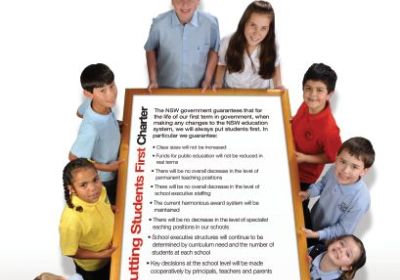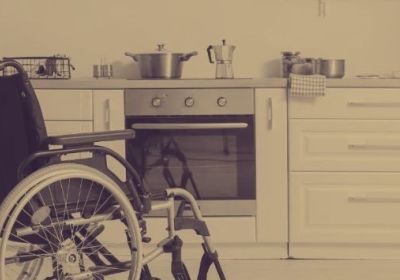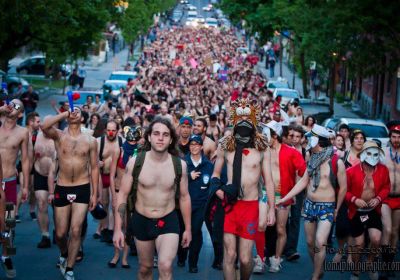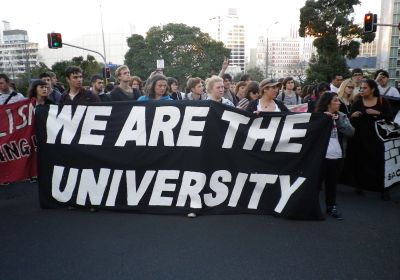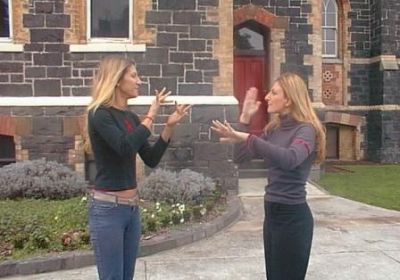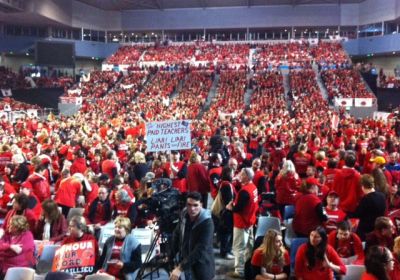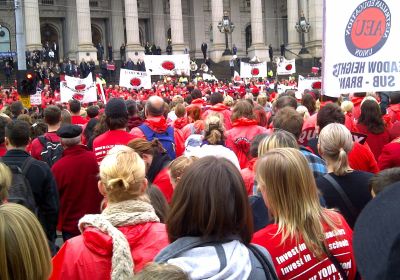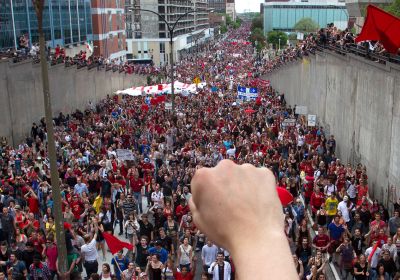
The student movement in Quebec is facing a crucial summer of discussion and organising.
Law 78, which suspended classes at strike-bound institutions in May, directs their resumption in mid-August. The government of Liberal Party Premier Jean Charest is preparing a judicial and police assault against striking students and their associations. It aims to force open school doors and see its proposed 82% university tuition fee hike over seven years prevail.

